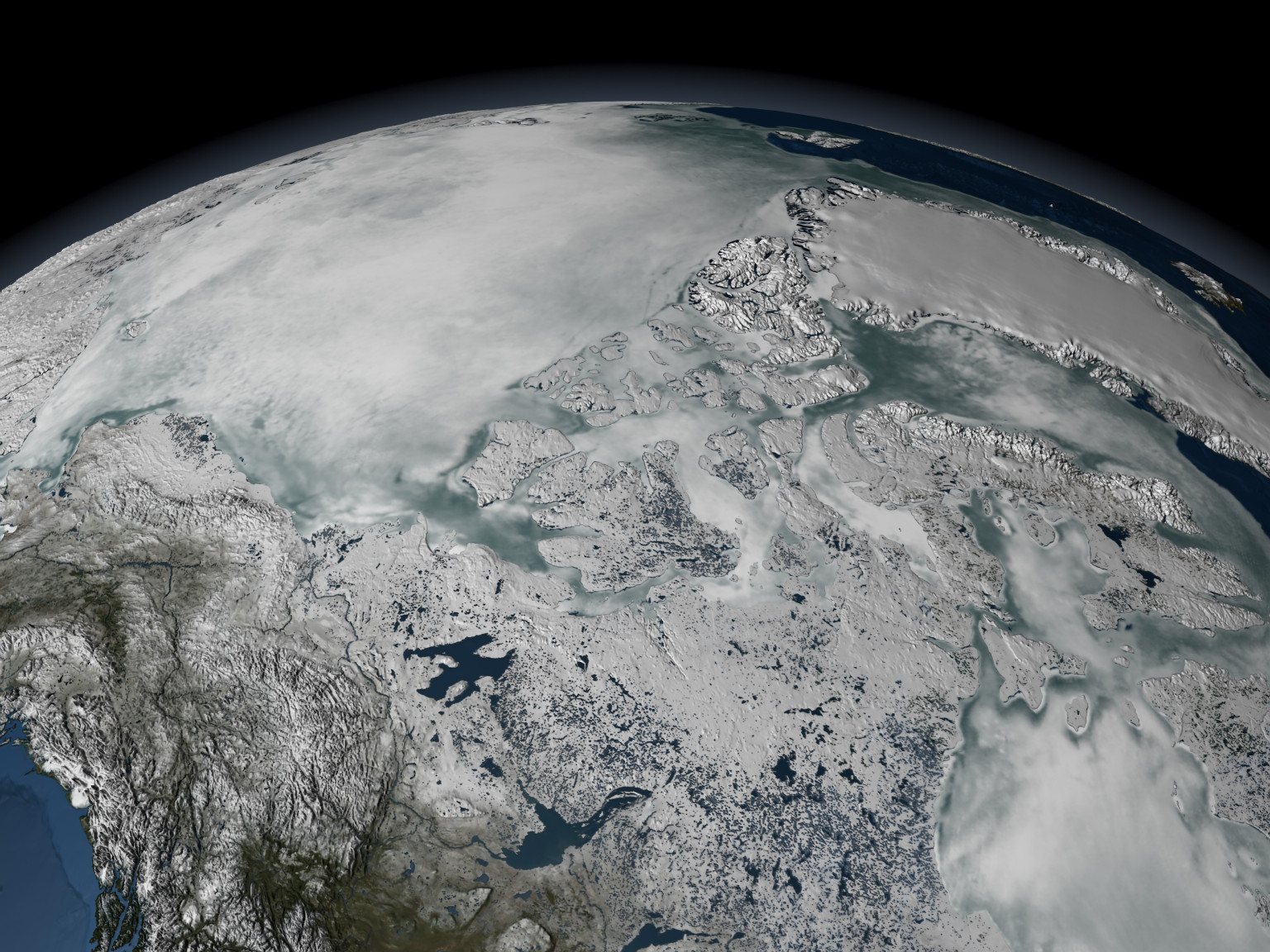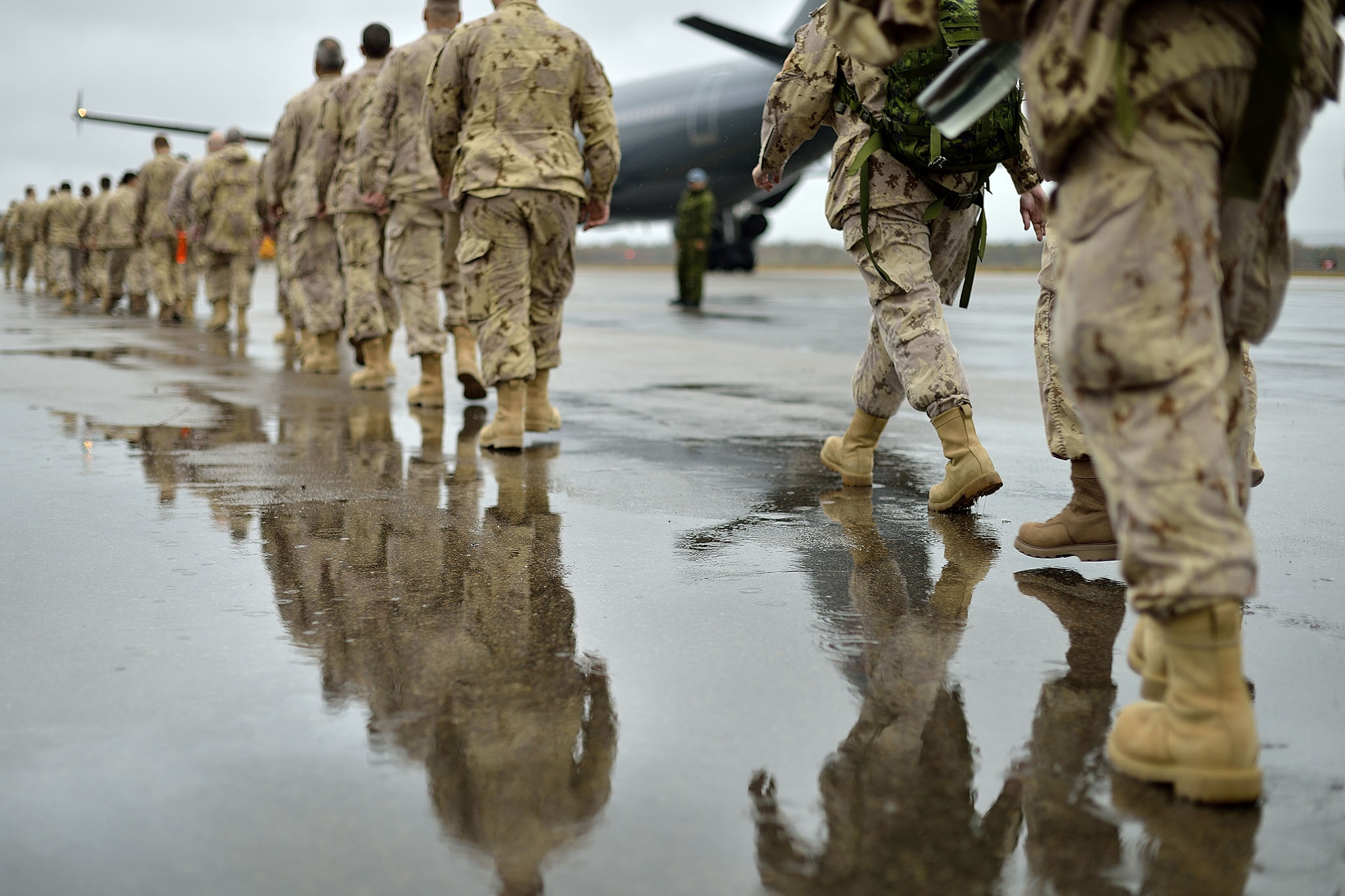
Canada is the second-largest country on the planet, with its northern lands constituting over 40% of the nation’s total area. The Canadian government has largely ignored these regions, primarily because of the Arctic’s traditional status as an inhospitable and frozen wasteland. Due to the rise of global temperatures, however, this is starting to change. A report completed by the Institute of the North, the US Arctic Research Commission, and the International Arctic Science Committee has predicted that the Canadian Arctic will experience ice-free summer seasons as early as 2050. Consequently, the Arctic is becoming increasingly accessible to human exploration, and the region’s enormous riches in natural resources are finally being revealed after centuries beneath the ice. The waterways of the Northwest Passage are becoming more traversable, and the global prices of oil and gas are rising. These developments have led to a rapid and substantial economic interest in the area, and Canada’s northern flank is becoming ever more exposed to the interests and ambitions of rival powers, including Russia, the United States, and the European Union. The growing presence of these countries in the region has led to the emergence of several Arctic-related security implications involving Canada.
The majority of these security implications revolve around the concept of Canada’s territorial sovereignty, and how this sovereignty is being increasingly challenged by foreign powers. Professor Franklyn Griffiths, a leading expert in Canadian Arctic issues, asserts that Canada’s legal claims to region are strong and that the threat of foreign incursion into Canadian lands is minimal. He also claims that there is no immediate conventional military threat to the area, only policing threats which do not require the use of Canada’s Armed Forces.

Similarly, Alan Kessel, Legal Advisor for the Canadian Department of Foreign Affairs and International Trade, believes that there is no credible threat to the integrity of Canada’s Arctic territories and that the fact that the Arctic is warming does not diminish Canada’s legal ownership over its lands, islands and waters. He also asserts that the issues that Canada does have are being effectively managed, including disagreements over Hans Island with Denmark, the Beaufort Sea with the United States and the Northwest Passage with the international community as a whole.
Professor Robert Huebert of the University of Calgary, however, holds a different position. Huebert believes that other international players are becoming interested in staking their own claim to Arctic resources, and that Canada does not necessarily have mutually beneficial agendas with these states. This problem is aggravated by the fact that other Arctic states much more powerful than Canada are building up their military forces in order to operate more heavily in the region.

Professor Suzanne Lalonde from the University of Laval has a similar belief. She asserts that while Canada’s legal claim over the Northwest Passage is strong, it could also come under direct challenge if Canada does not provide effective control of the region as it does with the remainder of the country. According to Lalonde, any unjustified foreign incursion into Canada’s territory could significantly undermine Canada’s legal case. A public violation of Canada’s sovereignty without reprisal would call into question the country’s ability to effectively control its own territory, and would dilute Canada’s historic waters claim.
Regardless of whatever approach is taken to resolve these issues, the fact remains that the international community as it currently exists lacks a functional and comprehensive set of multilateral norms and regulations that could be utilized to govern the Arctic region. This is primarily because the frozen Arctic was not expected to become suitable for large-scale commercial development so soon. As a result of this lack of coordination, whether Arctic negotiations will reflect multilateralism or sheer military force is something that has yet to be determined.




